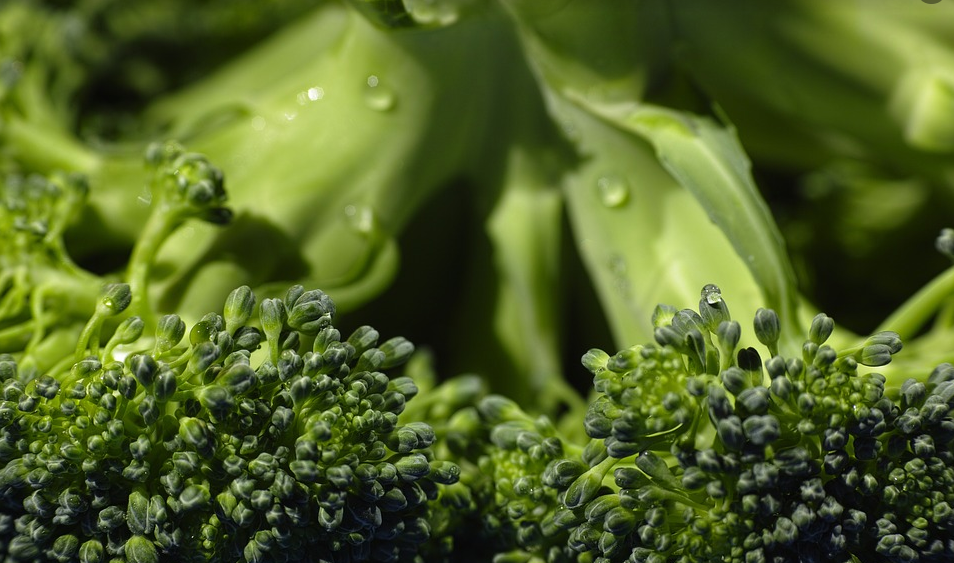辨析一般过去将来时和一般将来时
|
In English grammar, the future-in-the-past is the use of would or was/were going to to refer to the future from the perspective of some point in the past. 在英语语法里,一般过去将来时使用would或was/were going to去描述过去某个时间点对未来的看法。 The simple future is a form of the verb that refers to an action or event that has not yet begun. The simple future is also used to make a prediction or to show ability, intention, or determination. 一般将来时描述未来一个还未发生的动作或事件。一般将来时也用于预测或展现能力、目的和决心。 Examples: 例子: (1) Last month, when he knew that we were going to divorce, he said that it was the best decision. 上个月,当他知道我们要离婚,他说这是最好的决定。 We are going to divorce next month. 我们下个月离婚。 (2) I was going to tell him, but he didn't give me a chance. 我想要告诉他这些事的,但他没给我机会。 I will tell him everything tonight. 我今晚会告诉他所有事。 (3) I thought we were going to eat out tonight. 我想我们今晚会出去吃。(过去想的) I think we are going to eat out tonight. 我想我们今晚会出去吃。 (4) He said that he wouldn't finish his work this afternoon. 他说他今天下午完成不了工作。(过去说的) He says that he won't finish his work this afternoon. 他说他今天下午完成不了工作。 (5) Last Sunday we were going to visit the Great Wall, but it rained. 上星期天我们本想去游览长城的,但却下雨了。 We are going to visit the Great Wall tomorrow. 我们明天去游览长城。 对比一下是不是很简单?同样都是描述未来,只需要分辨描述未来的那番话是过去说的,还是此时说的就可以了。 |









